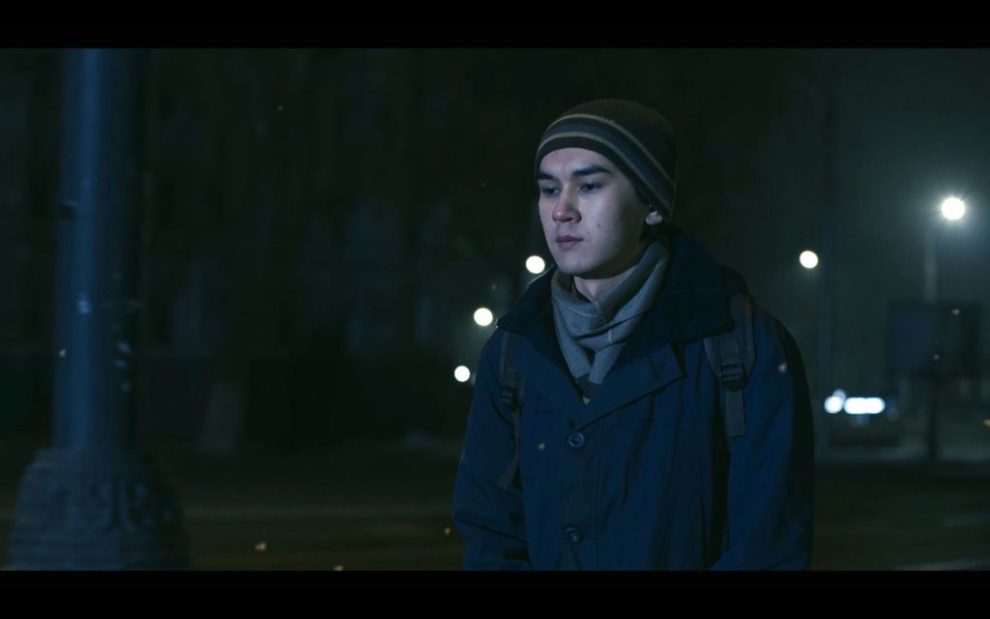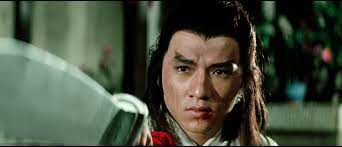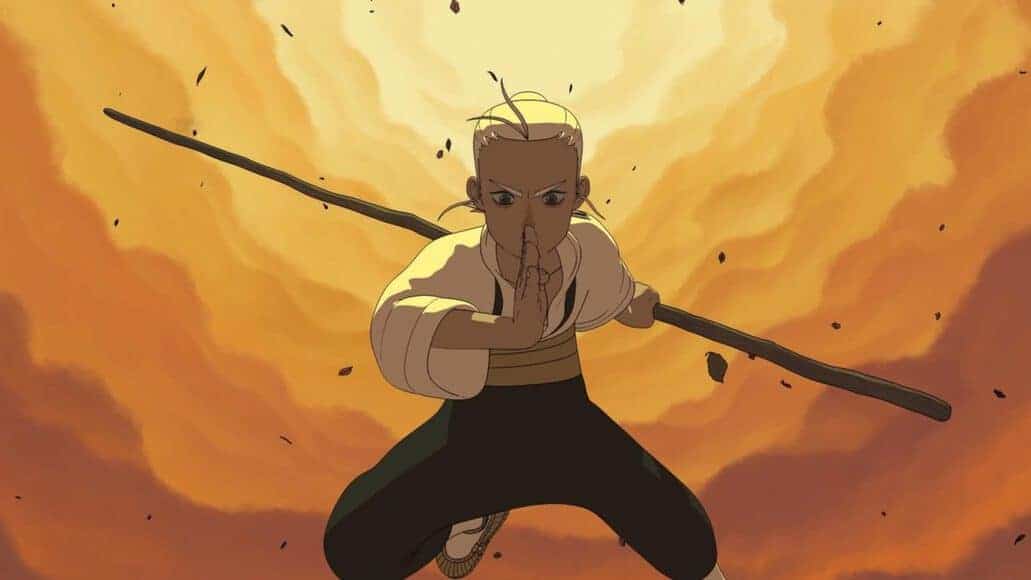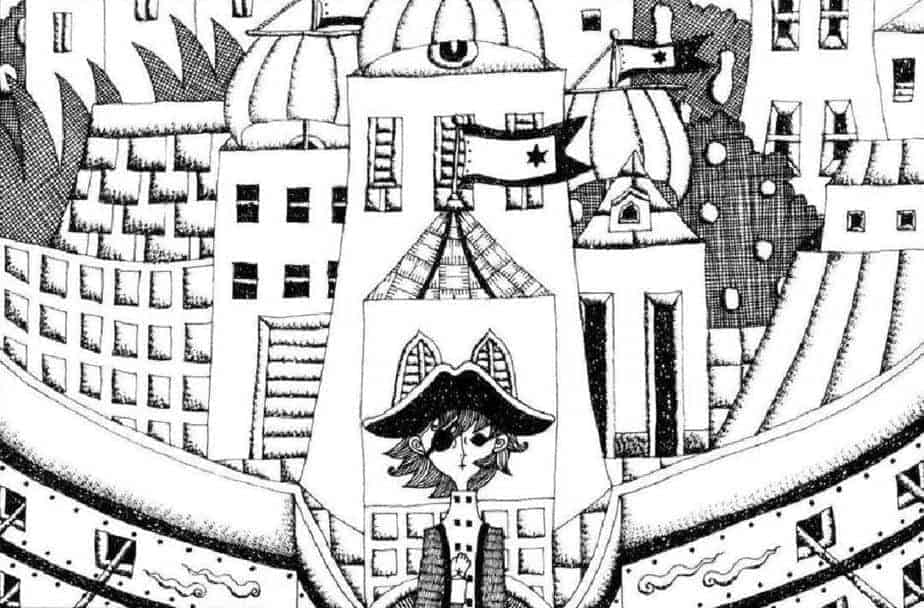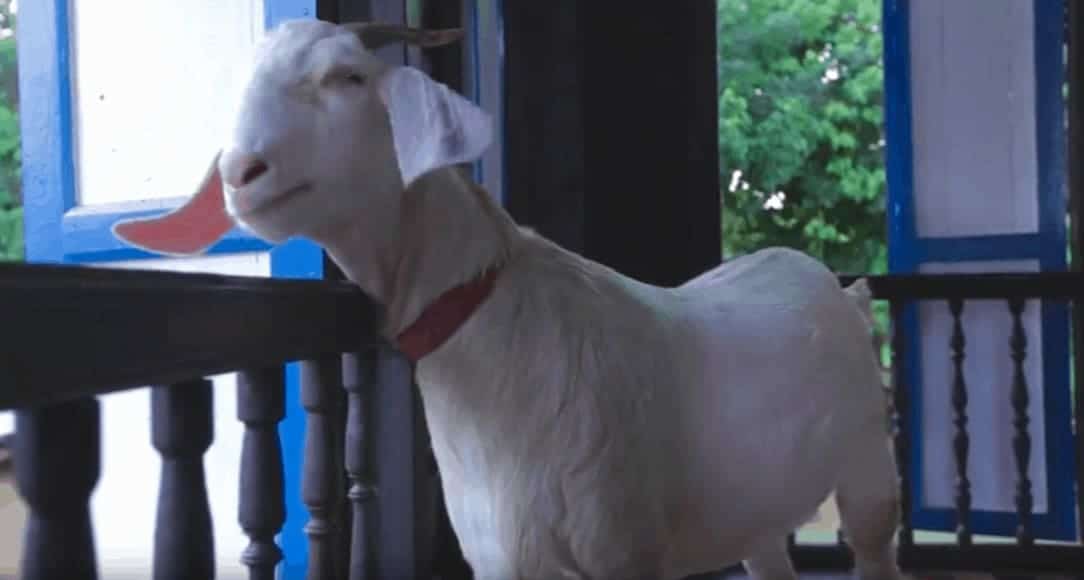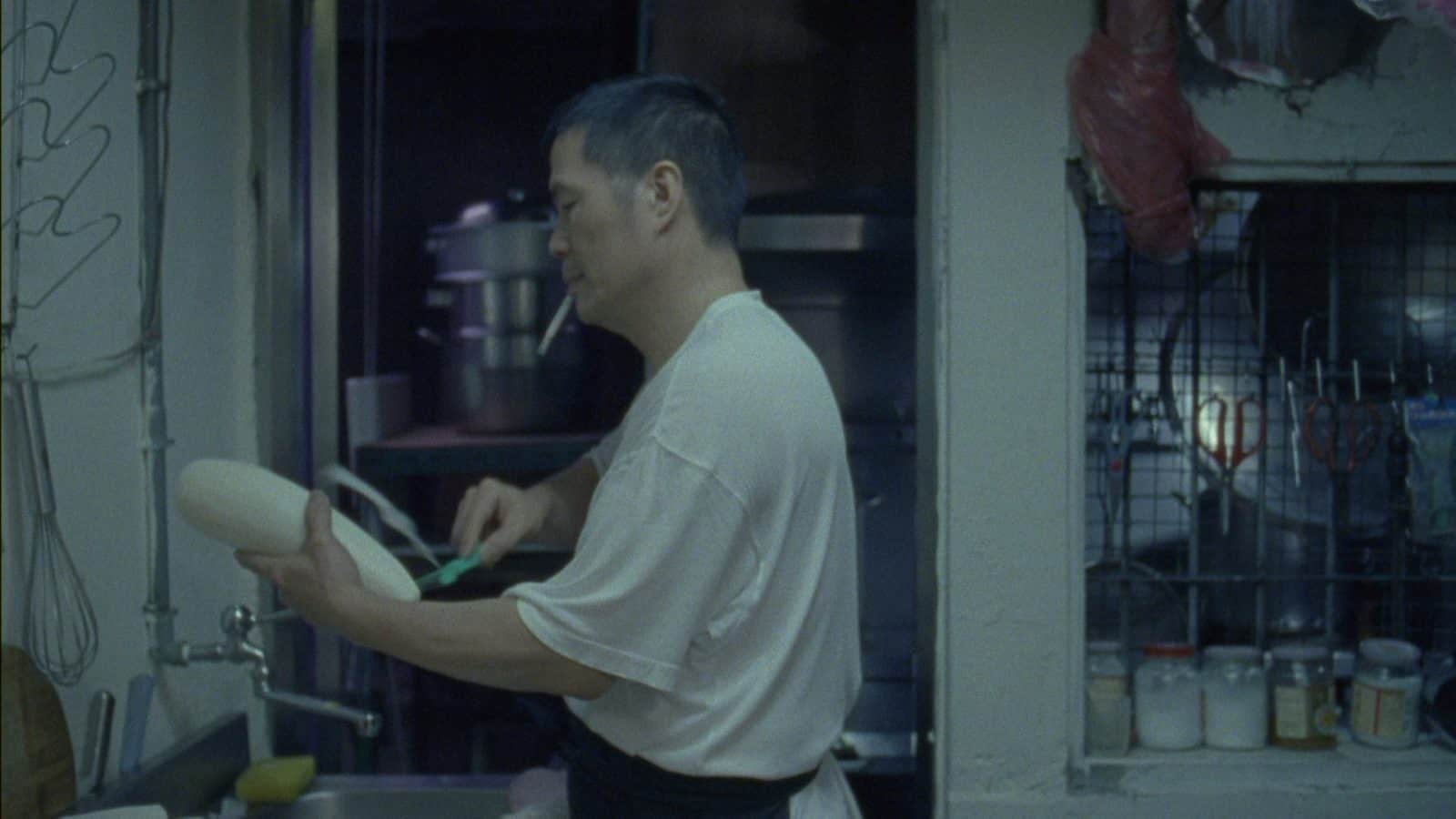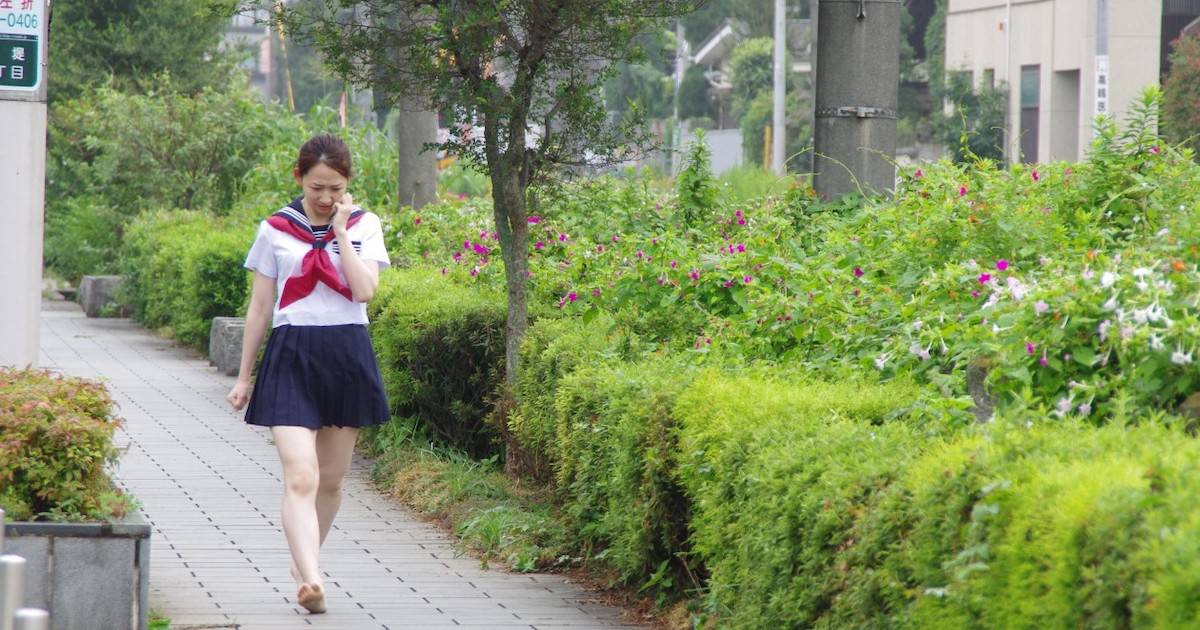According to Omirbayev, “where there is life, there is no art and vice versa”, in a comment that suggests that artists need to embrace their loneliness in order to move forward. “Last Screening”, his latest work, is a 30-minute-short that revolves around this concept, but also, as usual in the Kazakhastani's oeuvre, a number of other social, political, and economical comments.
“Last Screening” screened in Locarno Film Festival
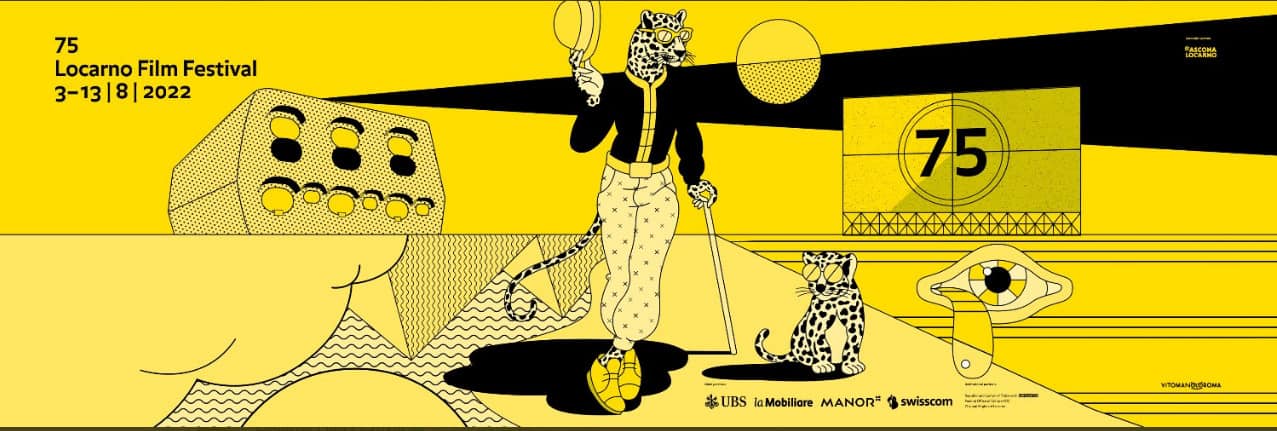
The young unnamed man who is the protagonist, seems like a typical “specimen” of his age, as we watch him, in the beginning of the film, in his bedroom, scrolling on Instagram , while his mother asks him to go to sleep. In the morning, he attends his class, but he seems to have no interest in what the teacher is saying. A bit later, we see him riding a bus, in a relatively long scene that presents most of the comments Omirbayev wants to make here. Capitalism, and how a few “First World” nations exploit others and that Kazakhstani people have not yet adapted to the urban civilization are the most central ones, along with the fact that everyone riding is on their phone, not communicating or even paying attention to the rest of the people there.
A bit later, the young man arrives at a small cinema to watch an art-house movie, mostly revolving around a man on his desk reading, essentially presenting another set of comments. The room is almost empty, while three soldiers that enter a bit after the film begins, are obviously there just to sleep a little. The suggestion of how (this type of) cinema has become a concept that only addresses a few people is rather evident throughout this sequence. At the same time, a parallel montage between the young man and an elderly man in the room, which actually continues even after the movie has ended, seems to suggest the fate of the former, one of definite loneliness, and that, perhaps, has led to a path towards being an artist.
Darezhan Omirbayev has a chip on his shoulder, but has managed, once more, to turn it into art, as his accusations (critique if you prefer) about the modern way of life are as multi-leveled as they are omnipresent in his filmography. The way he goes about presenting his comments, though, is truly excellent, with the combination of on-the-nose remarks heard from radios, phones, or the movie in the cinema and more subtle ones, as those highlighted by people watching their phone in silence, working quite nicely for the movie. At the same time, the empty cinema, much like the empty theater in his previous movie “The Poet”, is both a comment regarding arts that are dying due to lack of interest by the masses (poetry and art-house cinema respectively) as much as a sample of his self-deprecating humor, since his movies are definitely part of the second.
Boris Troshev's cinematography follows a rather realistic path, to the point that some scenes look almost documentary-like, as in the bus sequence for example. At the same time, though, the night shots of the finale are quite beautiful, in a rather pleasant sequence that also functions as a “relief” from all the realism. Furthermore, the montage here showcases Azamat Altybasov's editing, which, additionally, has resulted in a very fitting, relatively slow pace for the whole film.
Illiyas Shakirov in the protagonist role gives an almost silent performance, communicating his thoughts with his eyes and body stance for the most part, again in perfect resonance with the overall aesthetics.
“Last Screening” is another excellent work by Darezhan Omirbayev, who manages to present his quite interesting comments through a rather artful approach that will appeal particularly to the “thinking audience”.


